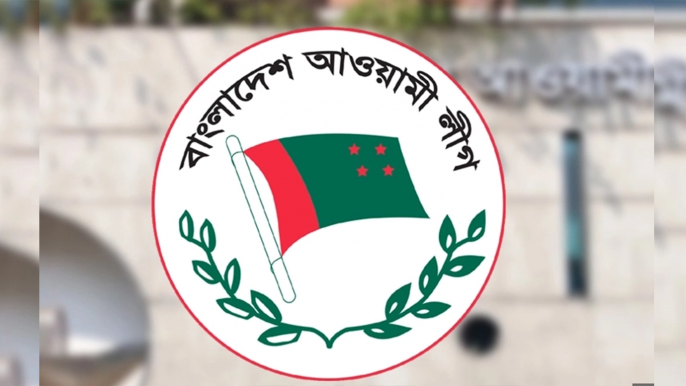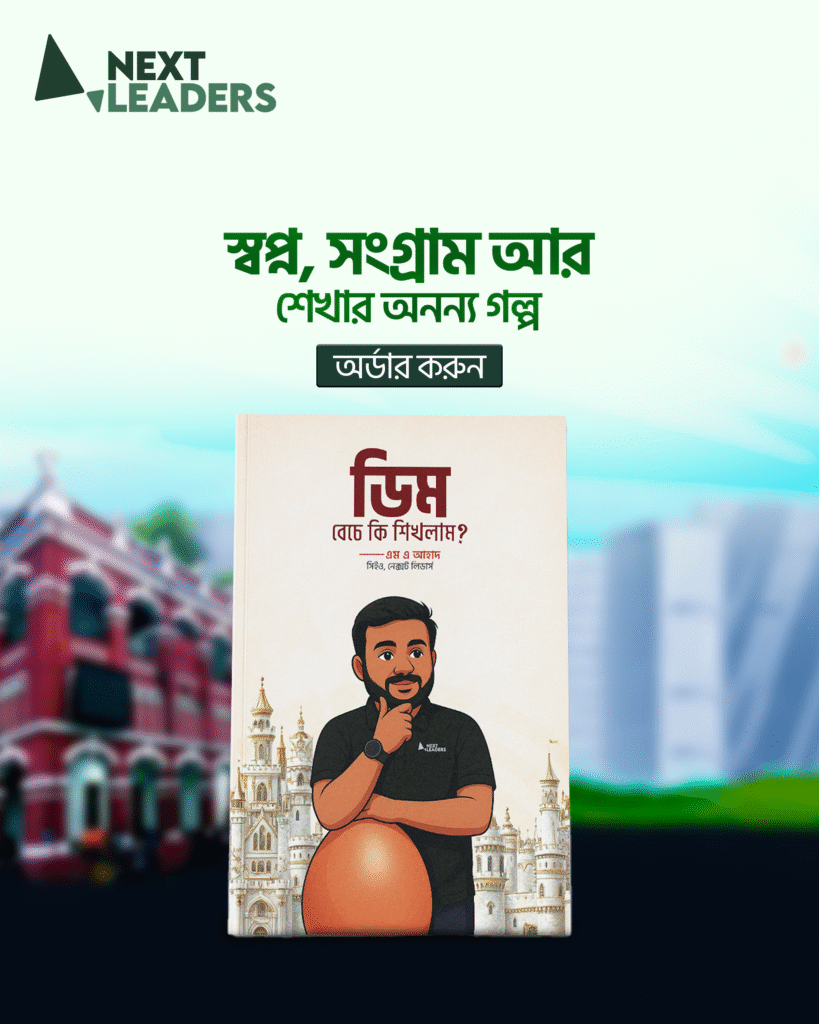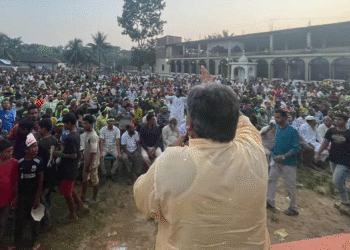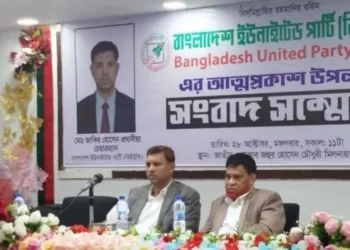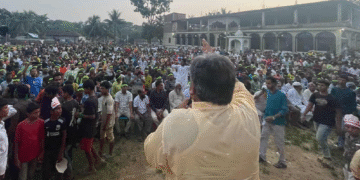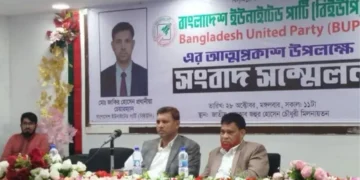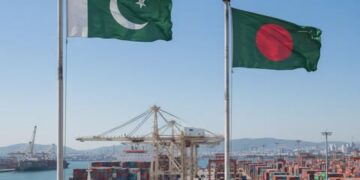A group of Bangladeshi youths believe the banned Awami League could still secure 15.02% of the national vote if it were allowed to contest in the upcoming general election.
The finding comes from a new survey conducted by the South Asian Network on Economic Modeling (Sanem) and reflects a nuanced view among the country’s younger population.
The survey results, released on 7 July 2025, reveal how public sentiment is evolving in a country still reeling from one of the most significant political shifts in its history.
A Nation Rebuilding After Uprising
The general election, expected in the first half of 2026, will be the first since the fall of Sheikh Hasina’s government following a mass uprising in July–August 2024.
The upheaval led to the establishment of a transitional administration, currently headed by Chief Adviser Dr. Muhammad Yunus.
Read More: Body of Youth Found with Hands and Feet Tied and Hanged in Demra
Since then, Bangladesh has embarked on an ambitious path of electoral and constitutional reform, including the formation of several reform commissions aimed at restoring public trust in governance and democratic processes.
Awami League Under Ban, But Still in Public Conversation
On 10 May 2025, the interim government officially banned the Awami League and all its affiliated bodies from engaging in political activity. This includes online and offline campaigning, media appearances, and organizing rallies or processions.
The ban followed formal charges brought against former Prime Minister Sheikh Hasina and other high-ranking party leaders under the International Crimes Tribunal. The charges stem from the deaths of hundreds of protestors during the 2024 mass uprising.
The Awami League’s once-powerful student wing, Bangladesh Chhatra League (BCL), was also declared a terrorist organization and banned in October 2024 due to its involvement in violent attacks against demonstrators.
Despite the ban, the survey suggests that a portion of the population especially young voters still recognizes the Awami League’s historical influence, with some respondents indicating they might vote for the party if it were legally allowed to participate.
The Rise of a New Political Era
In contrast, the National Citizen Party (NCP) a new political platform born out of last year’s uprising has quickly become a major force in the country’s political arena. The NCP maintains that accountability must come before participation, insisting that the Awami League should remain excluded from elections until all legal proceedings are concluded.
What the Numbers Mean
The 15.02% potential vote share indicated in the survey is not just a numbes, it’s a sign of how layered public sentiment is in post-uprising Bangladesh.
While many have moved on from the Awami League era, a small segment of young voters still cling to the party’s past, overlooking its recent controversies and failures.
This signals a complex but hopeful transition for Bangladesh one where justice, accountability, and electoral freedom are all part of the same conversation.
Share via:

